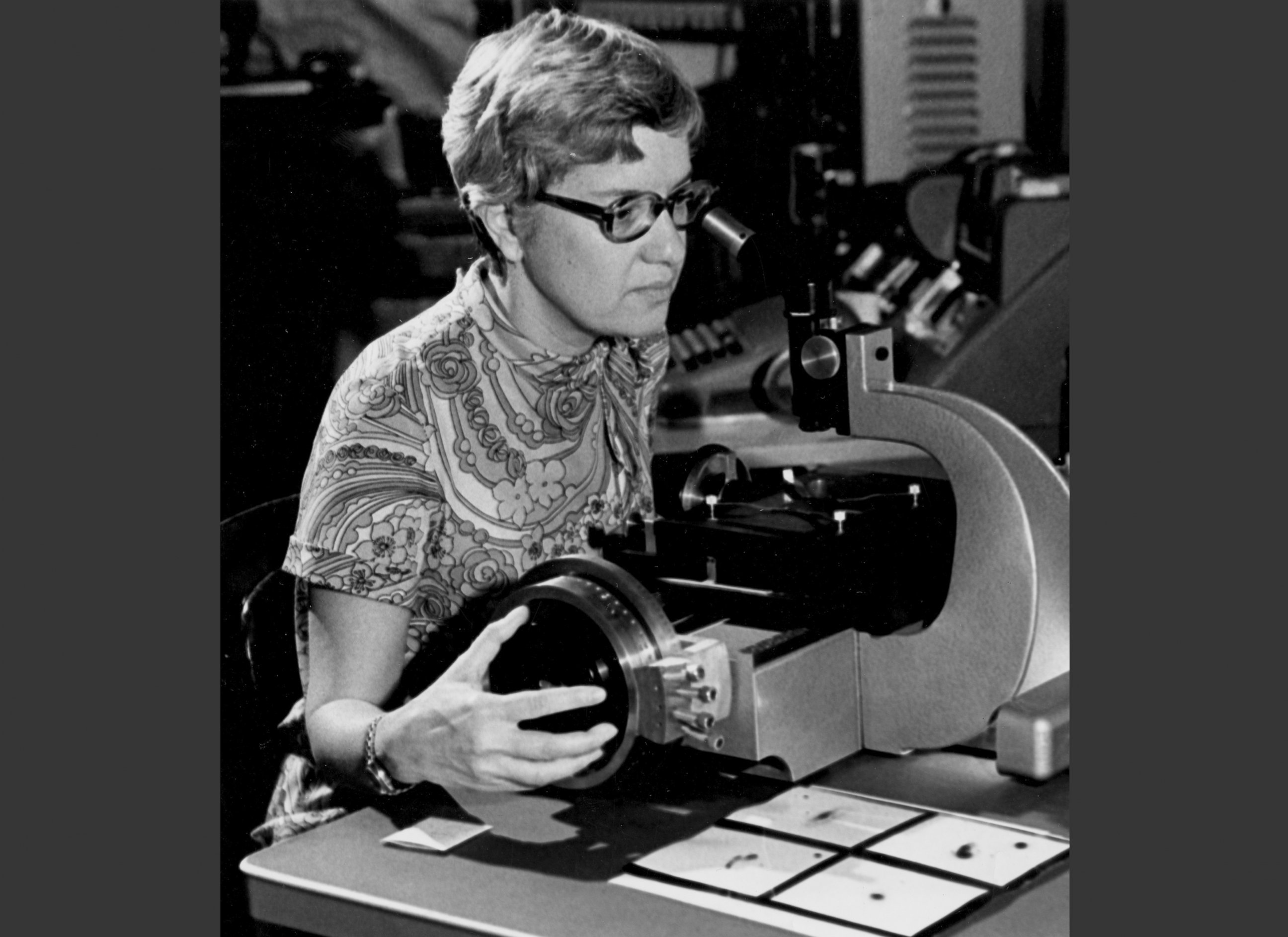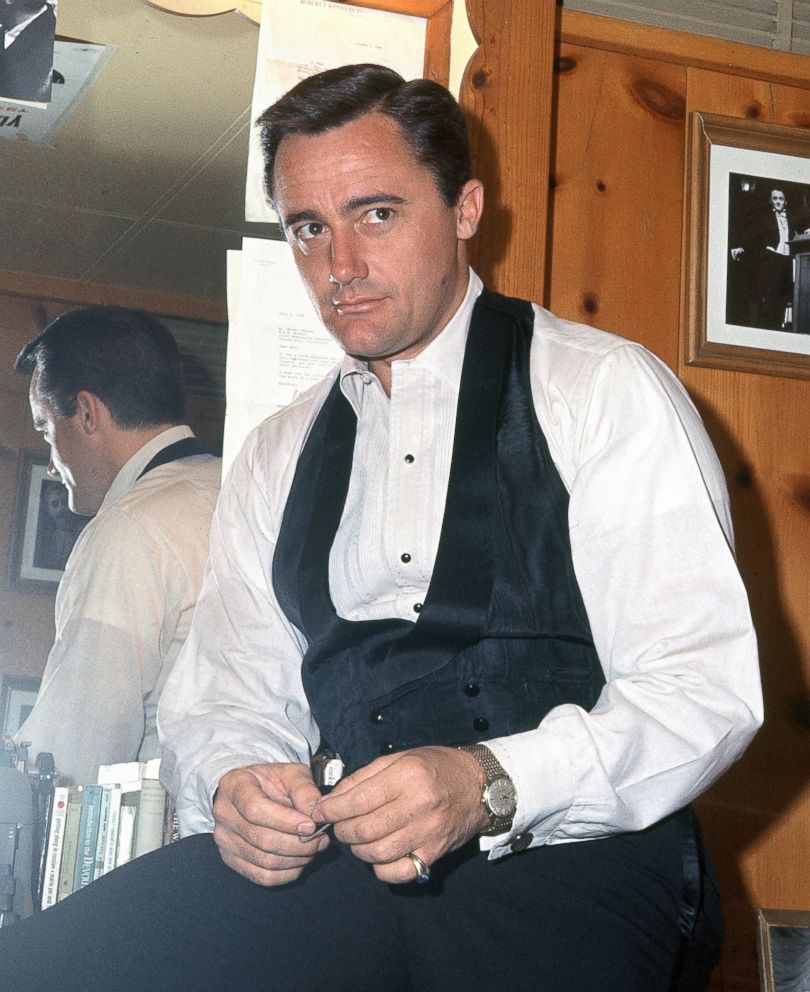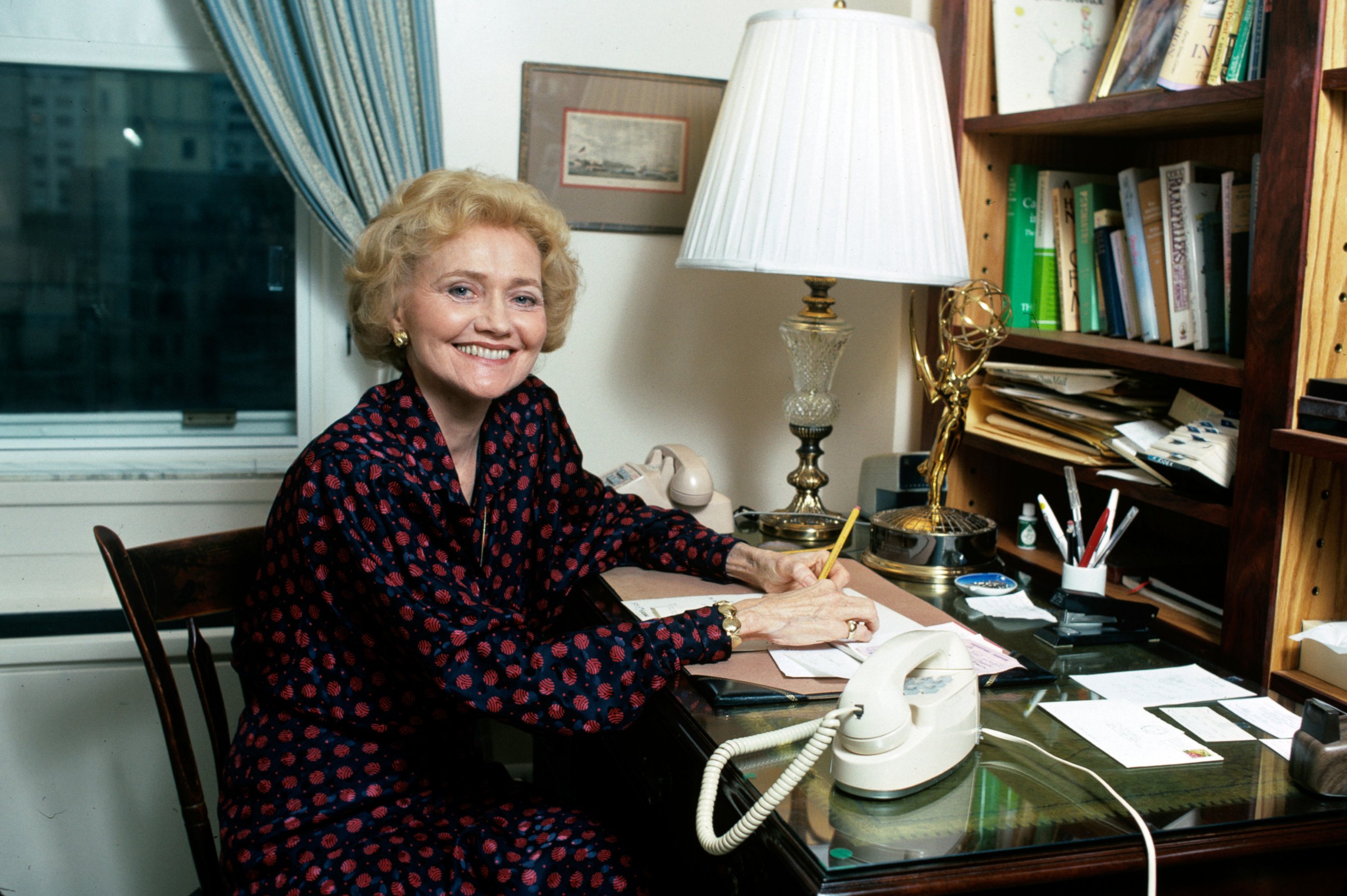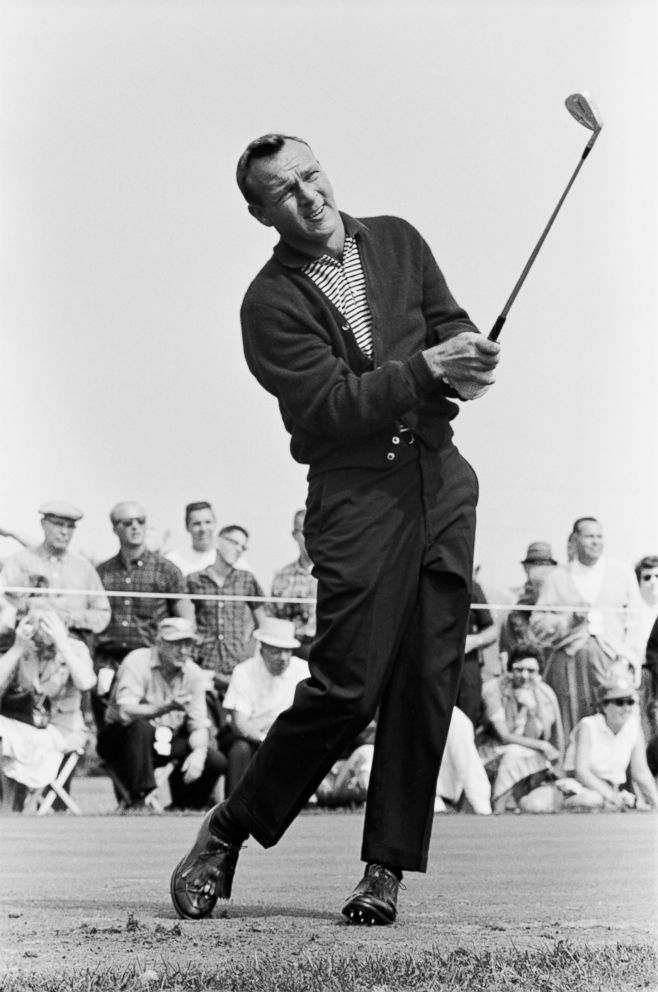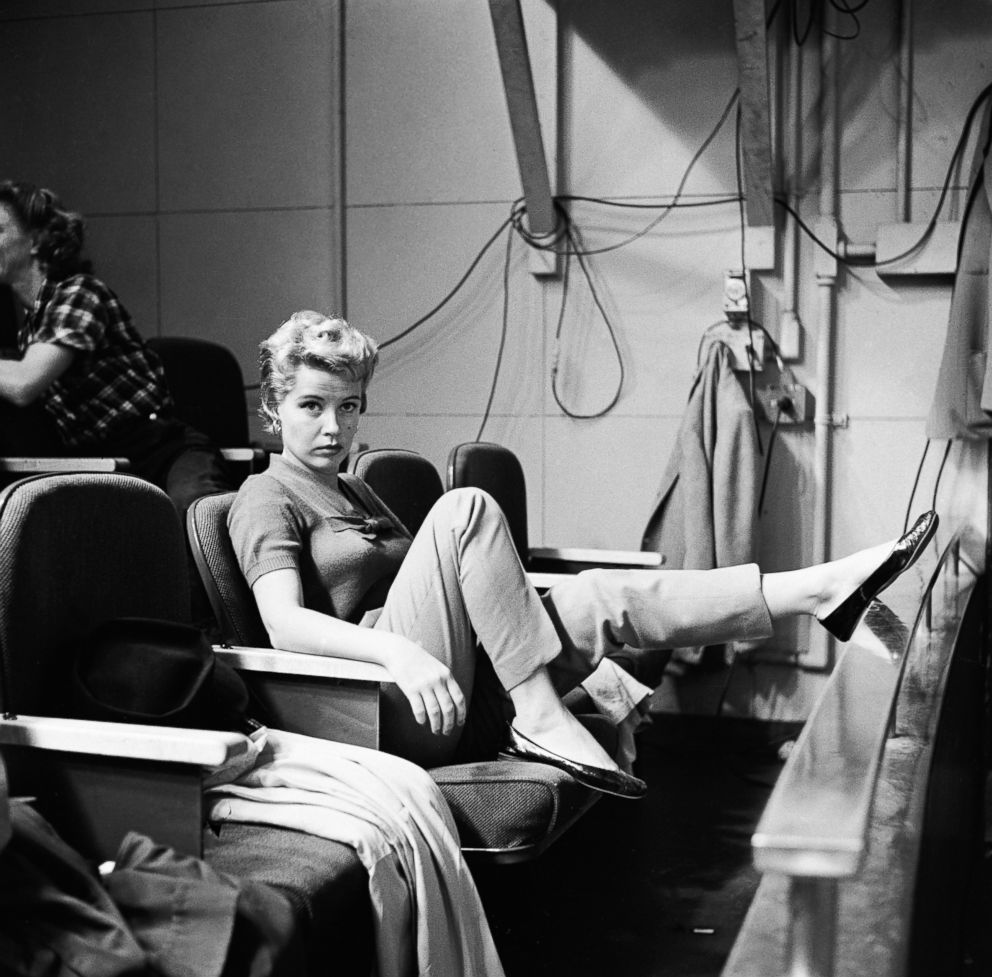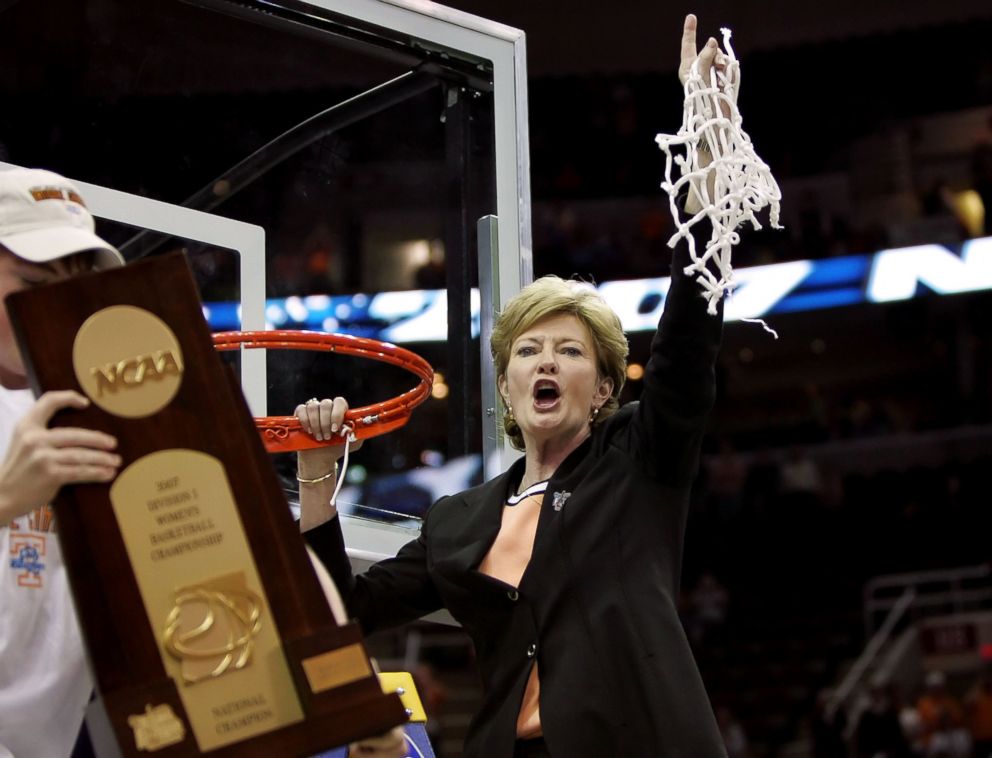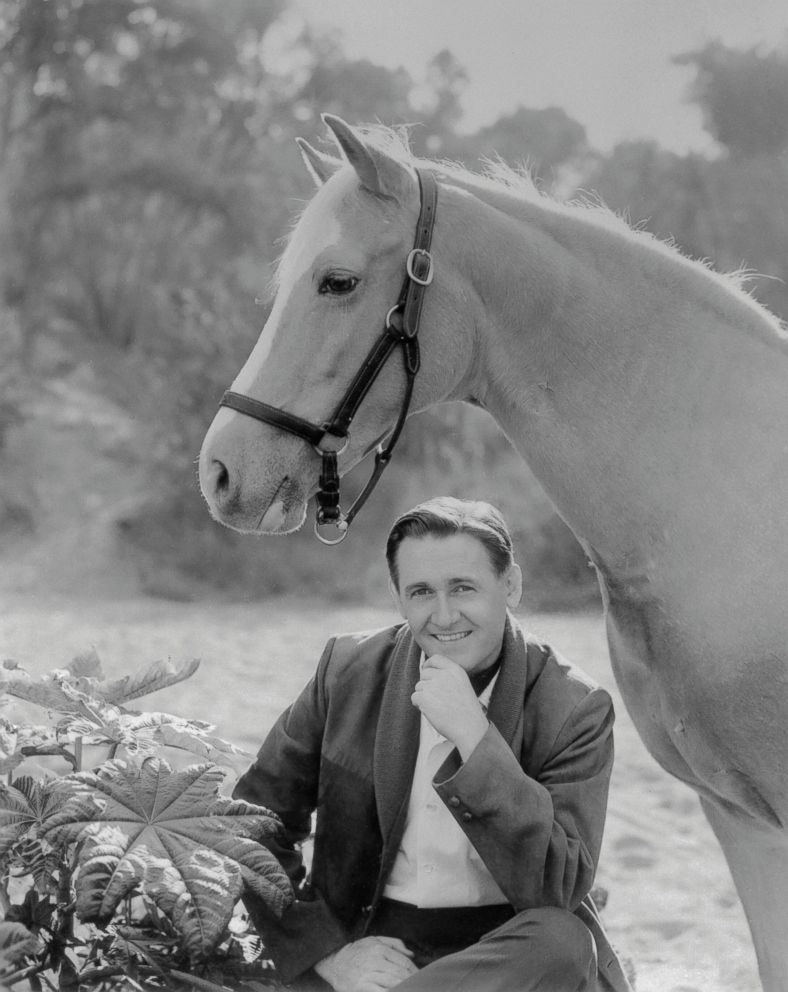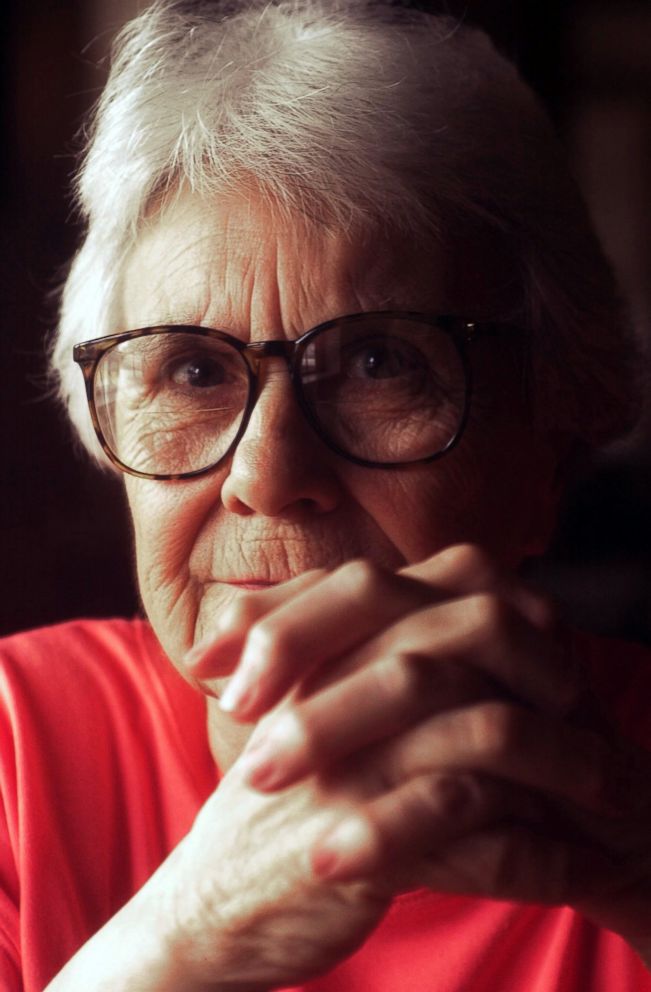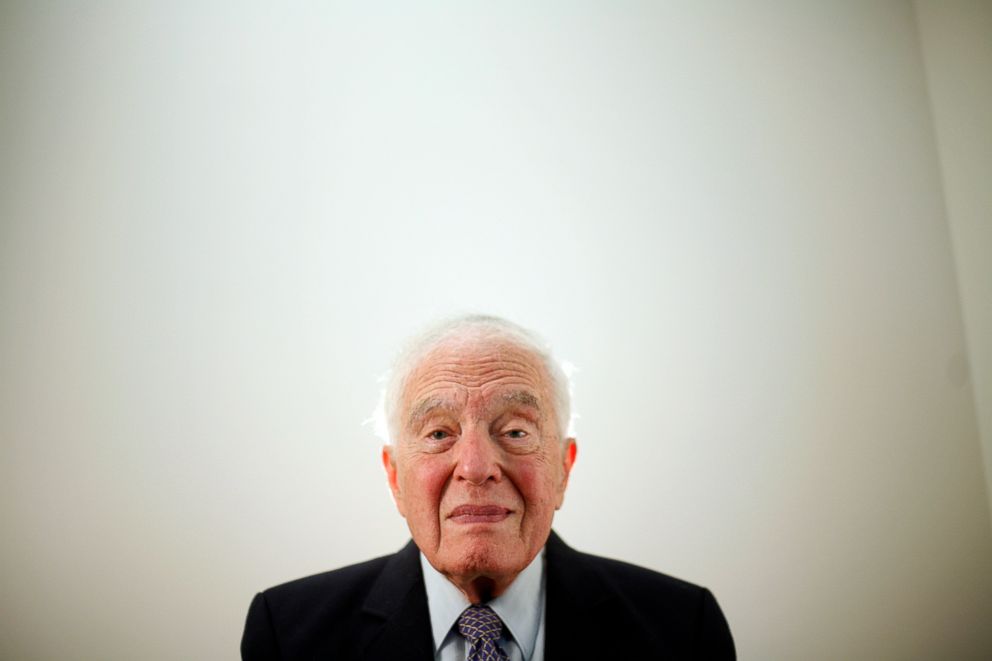Pat Summitt, Legendary Women's Basketball Coach, Dies at 64
Summitt won eight NCAA championships at the University of Tennessee.
— -- Pat Summitt, the legendary University of Tennessee women's basketball coach, died today in Tennessee, the Pat Summitt Foundation announced this morning. She was 64.
Her son, Tyler Summitt, said in a statement, "She died peacefully this morning at Sherrill Hill Senior Living in Knoxville surrounded by those who loved her most."
Pat is survived by her mother, Hazel Albright Head; son, Ross “Tyler” Summitt (AnDe); sister, Linda; brothers, Tommy (Deloris), Charles (Mitzi) and Kenneth (Debbie).
Tyler's statement continued, "She’ll be remembered as the all-time winningest D-1 basketball coach in NCAA history, but she was more than a coach to so many – she was a hero and a mentor, especially to me, her family, her friends, her Tennessee Lady Volunteer staff and the 161 Lady Vol student-athletes she coached during her 38-year tenure."
The obituary on the Pat Summitt Foundation website, read, "A private service and burial for family and friends will be held in Middle Tennessee. A public service to celebrate her life will take place at Thompson-Boling Arena, on the campus of the University of Tennessee-Knoxville. Details for the celebration of life will be shared at a later date."
The obituary read, "On Tuesday, June 28 2016, Pat passed away peacefully, following a courageous battle with early onset dementia, “Alzheimer’s Type." This disease attacked a lifetime of precious memories, memories that she has now won back as she rests in her eternal home. Memories that will live on in each and every relationship she developed throughout her life."
The obituary continued, "This is one simple statement that Patricia Sue Head Summitt embodied, lived by and passed on to so many throughout her 64 years of life. She ‘won’ every day of her life because of the relationships she developed, nurtured and cherished. Relationships with her family and friends. Relationships with players, coaches, and fans. And most importantly, a strong relationship with her Lord and Savior, Jesus Christ."
Summitt stepped down as Tennessee's coach in 2012, one year after announcing her diagnosis of early onset dementia, Alzheimer's type. Even after stepping down, Summitt remained involved with the Lady Vols, holding the position of head coach emeritus.
In Memoriam: Notable People We Lost in 2016
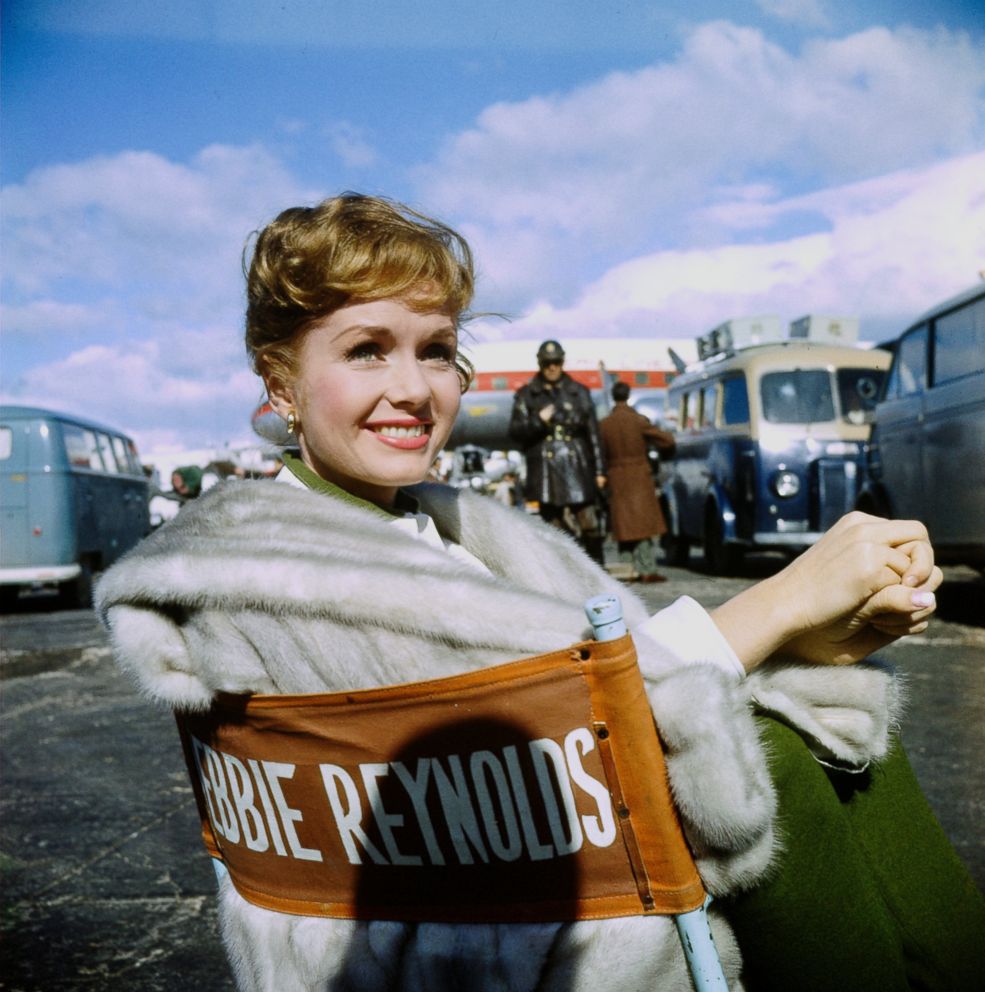
Summitt coached the Lady Vols to eight national championships in her 38 seasons and notched 1,098 career victories, more than any other Division I basketball coach. She was named NCAA coach of the year seven times. She also played for the U.S. Olympic team in 1976, the first year there was an Olympic women's basketball tournament, and took home a silver medal.
Summitt was widely know for her stare -- an icy look she would flash to players after a bad play.
In 2012, Summit was the recipient of the Presidential Medal of Freedom and the Arthur Ashe Courage Award at the ESPY Awards.
Summit was born in Clarksville, Tennessee, on June 14, 1952. She grew up on a dairy farm in Henrietta, Tenn., where she planted tobacco and milked cows.
"I look back now and I think that just made me who I am, in terms of my drive and my work ethic," she said in an interview with ABC News' Peter Jennings in 2005.
She and her three older brothers learned to play basketball using a hoop her father put up in the hay barn.
"When you grow up on a dairy farm, cows don't take a day off. So you work every day and my dad always said, 'No one can outwork you,'" Summitt told ABC News' Robin Roberts in a 2011 interview.
When she was named head coach of the University of Tennessee women's team in 1974, Summitt was just 22, barely older than her players. The university had originally offered Summitt an assistant coaching job but promptly promoted her when the team's head coach announced she was taking a sabbatical.
In those early days under Title IX -- the landmark federal law that led schools and colleges to dramatically increase access to sports and other programs for women -- women's basketball games weren't televised and attendance was poor. The Lady Vols were so strapped for cash that Summitt washed her players' uniforms at home and drove the team to games.
"I remember nights I was driving the van and I'm about to go to sleep, and I'd just roll down the window and stick my head out," Summitt told Roberts.
This story is developing. Please check back for updates.


